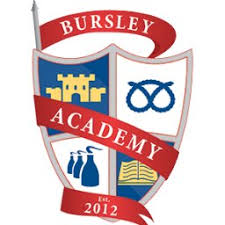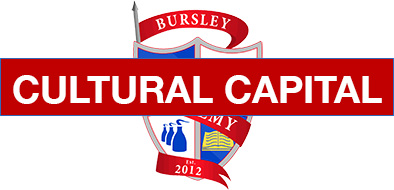
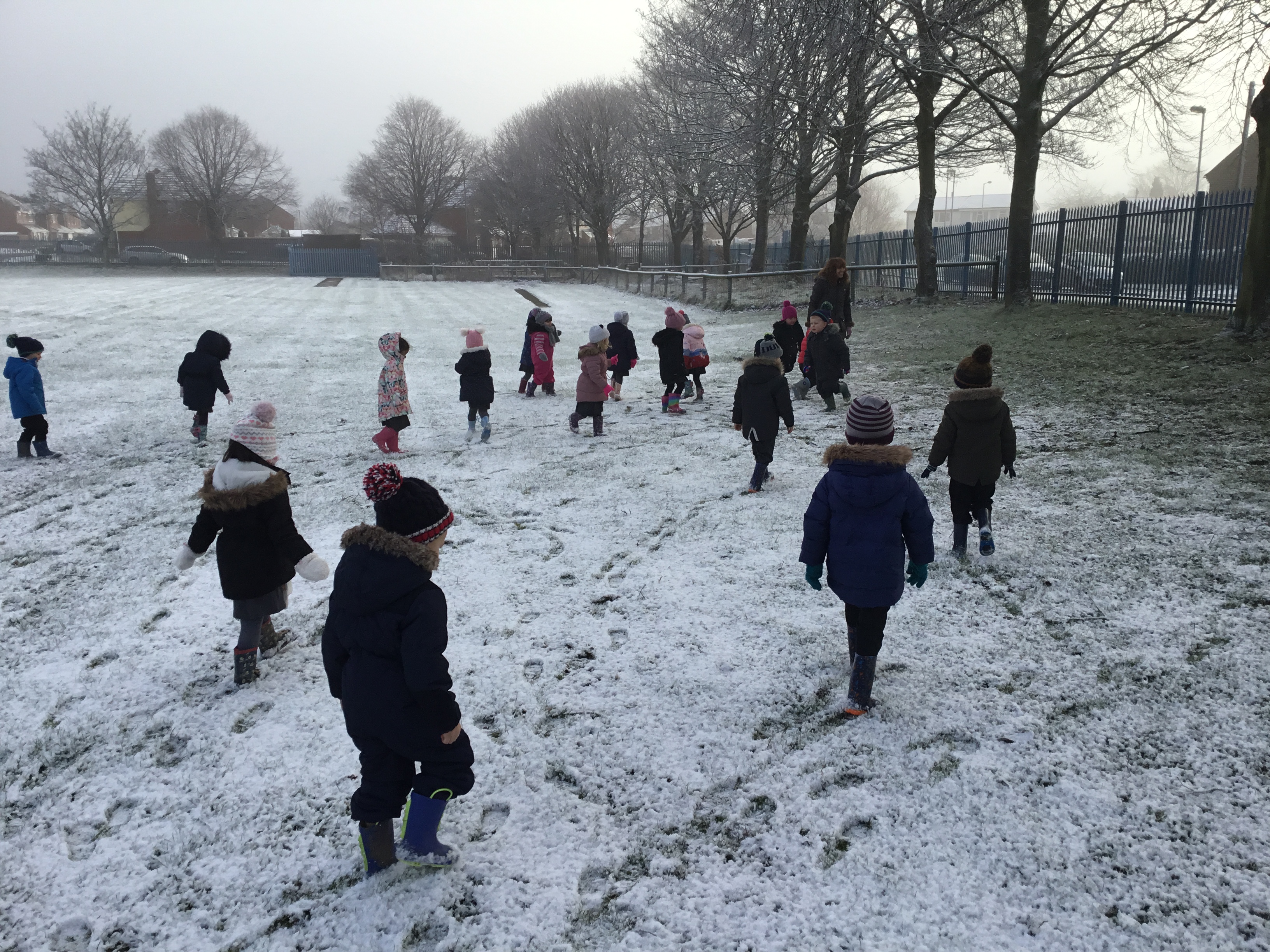
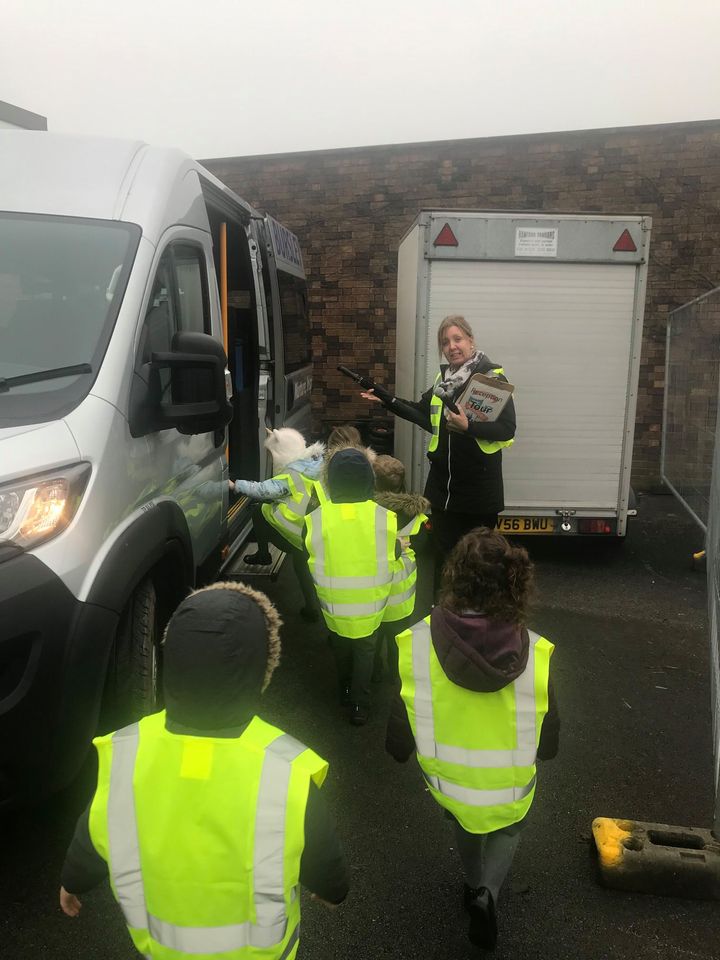
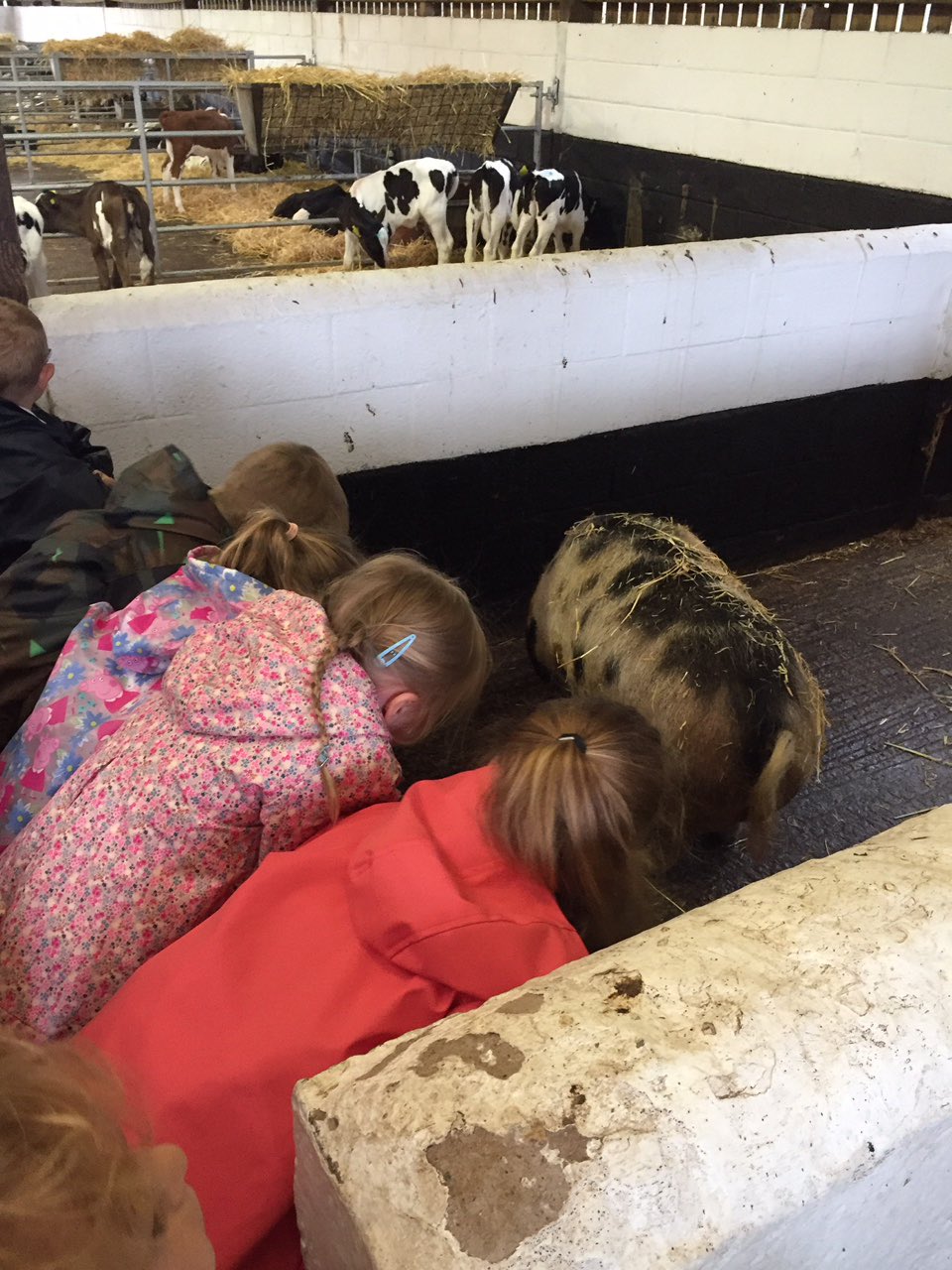
What is Cultural Capital?
Cultural capital is the accumulation of knowledge, behaviours, and skills that a child can draw upon and which demonstrates their cultural awareness, knowledge and competence; it is one of the key ingredients a child will draw upon to be successful in society, their career and the world of work.
Cultural capital promotes social mobility and success.
Cultural capital gives a child power. It helps them achieve goals, become successful, and rise up the social ladder without necessarily having wealth or financial capital.
Cultural capital is having assets that give children the desire to aspire and achieve social mobility whatever their starting point.
At Bursley Academy, we recognise that for children to aspire and be successful academically and in the wider areas of their lives, they need to be given rich and sustained opportunities to develop their cultural capital.
Every child and family who joins our setting will have their own knowledge and experiences that will link to their culture and wider family. This might include: languages, beliefs, traditions, cultural and family heritage, interests, travel and work.
At Bursley Academy, children benefit from a flexible crucial knowledge curriculum that builds on what they understand and know already. We believe that exposure, not only to culture but also to situations in which the children might not have previous experiences of, is of paramount importance to their ongoing successes.
Gradually widening children’s experiences as they progress through school is an important step in providing rich and engaging learning across the curriculum. We plan carefully for children to have progressively richer experiences in nursery and beyond. These include trips to the local park, shops and visits to places of worship, museums, sports and music venues just to name a few.
The school recognises that there are six key areas of development that are interrelated and cumulatively contribute to the sum of a child’s cultural capital:
- Personal Development
- Social Development, including political and current affairs awareness
- Physical Development
- Spiritual Development
- Moral Development
- Cultural development
Each curriculum area makes its own contribution to children’s cultural capital development and supports SMSC across the school
Some examples of building experiences and knowledge by immersing children in the world around them
- Caring for animals
- Thinking about people around the world - making links with Kenyan International School in Nairobi
- Appreciation and love for music – Entrust music live concert, Rock concert, composer of the week in assemblies
- Understanding how history has shaped our future
- Educational School trips linked to our topics - Apple Tree Town, Dudson Museum, Natural History Museum Webinars tailored to our curriculum
- Learning about people in our community
- Planning and running charity events
- Showcasing talents
- Growing fruit and veg all year round
- Celebrating different cultures, traditions and faiths
- PSHE provision
- Transition support
- Supporting our local community; donations to local food banks
- Embracing our local environment; community clean-up
- Visitors share their cultures and traditions
- Mental-health and well-being provision through PSHE, set mental health days
- Charity work – raising funds for NSPCC
- Volunteering – choir singing for elderly in residential homes, singing at Royal Stoke Hospital
- Pupil Voice – School Council, Eco-Council, Head Boy and Head Girl, Prefects, Librarians, Learning Detectives, Play Leaders – being informed, feeling empowered and making a difference
- Physical Education curriculum via Stoke City and extra-curricular activities
- Healthy eating
- Anti-bullying and safeguarding policies
- Celebration of sporting achievements
- Activity-based residential visits – Laches Wood
- Design and Technology units related to food preparation and nutrition
- RE curriculum
- Visits to religious buildings
- Behaviour policy
- Contributions to local, national and international charitable projects
- Citizenship education through PSHE;
- Arts education including Music and Drama;
- Access to the languages and cultures of other countries through the Geography and MFL curriculum;
- Promotion of racial equality and community cohesion through the school’s ethos, informing all policy and practice.
- Library
- World Book Day
- Assemblies
- Gardening Club
